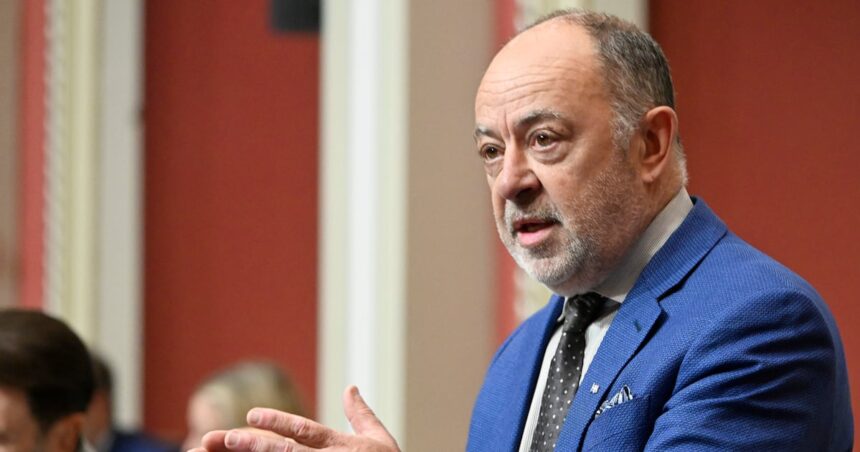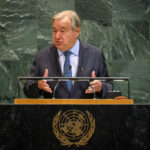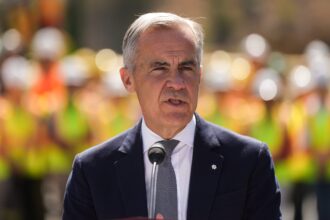The Quebec government’s refusal to enter binding arbitration with specialist doctors has ignited fierce debate across the province’s healthcare sector, with officials claiming such a process would add a staggering $1.8 billion to the province’s financial obligations. Health Minister Christian Dubé defended the controversial decision Thursday, characterizing it as fiscally responsible governance amid challenging economic conditions.
“We simply cannot expose Quebec taxpayers to this level of financial risk,” Dubé stated during a press conference in Quebec City. “Our analysis shows an arbitration outcome could cost an additional $1.8 billion over current proposals—funds that would inevitably be diverted from other critical healthcare priorities.”
The Fédération des médecins spécialistes du Québec (FMSQ) immediately challenged these projections, calling them “grossly inflated” and “designed to poison negotiations.” The federation has been without a contract since March 2023, with talks increasingly strained over compensation models and working conditions in the province’s overtaxed healthcare system.
Dr. Vincent Oliva, president of the FMSQ, expressed frustration with the government’s approach. “Minister Dubé is creating a financial bogeyman to avoid meaningful dialogue. Their calculations assume worst-case scenarios that no reasonable arbitrator would ever award,” said Oliva. “Meanwhile, specialist vacancies continue growing across the province, particularly in outlying regions.”
The dispute centers on how Quebec specialist compensation compares nationally. Government officials maintain Quebec doctors earn approximately 9% less than the Canadian average—a gap they consider reasonable given Quebec’s overall wage structure and cost of living. The FMSQ, however, argues the differential approaches 20% when accounting for workload and practice costs.
Independent healthcare economist Damien Contandriopoulos from the Université de Montréal described the situation as “a negotiation through media rather than at the bargaining table,” noting that both sides are likely employing strategic inflation and deflation of figures. “The $1.8 billion figure seems designed to create public anxiety rather than reflect probable arbitration outcomes,” he explained.
The standoff occurs amid growing concern over Quebec’s ability to retain medical specialists. Last year, the province lost 217 specialists to other jurisdictions—the highest number in over a decade—with many citing compensation disparities as a primary factor in their decision to relocate.
Premier François Legault has maintained a hard line, emphasizing Quebec’s challenging fiscal position. “Our priority must be improving access to care for Quebecers, not simply increasing physician compensation,” Legault said during question period at the National Assembly.
The impasse raises important questions about healthcare workforce planning in the province. With nearly 30% of Quebecers lacking access to a family doctor and surgical waitlists growing, the dispute threatens to further destabilize a system already under immense pressure.
As tensions escalate, patients’ advocacy groups have called for both sides to prioritize system stability. “This isn’t just about doctor pay,” said Marie Poulin of Patients Quebec. “It’s about ensuring we have the specialists needed to provide timely, quality care across all regions of the province.”
As this high-stakes standoff continues, the central question remains: can Quebec find a path that fairly compensates its specialist physicians while maintaining fiscal responsibility, or will the growing compensation gap further accelerate the exodus of medical expertise from the province?











